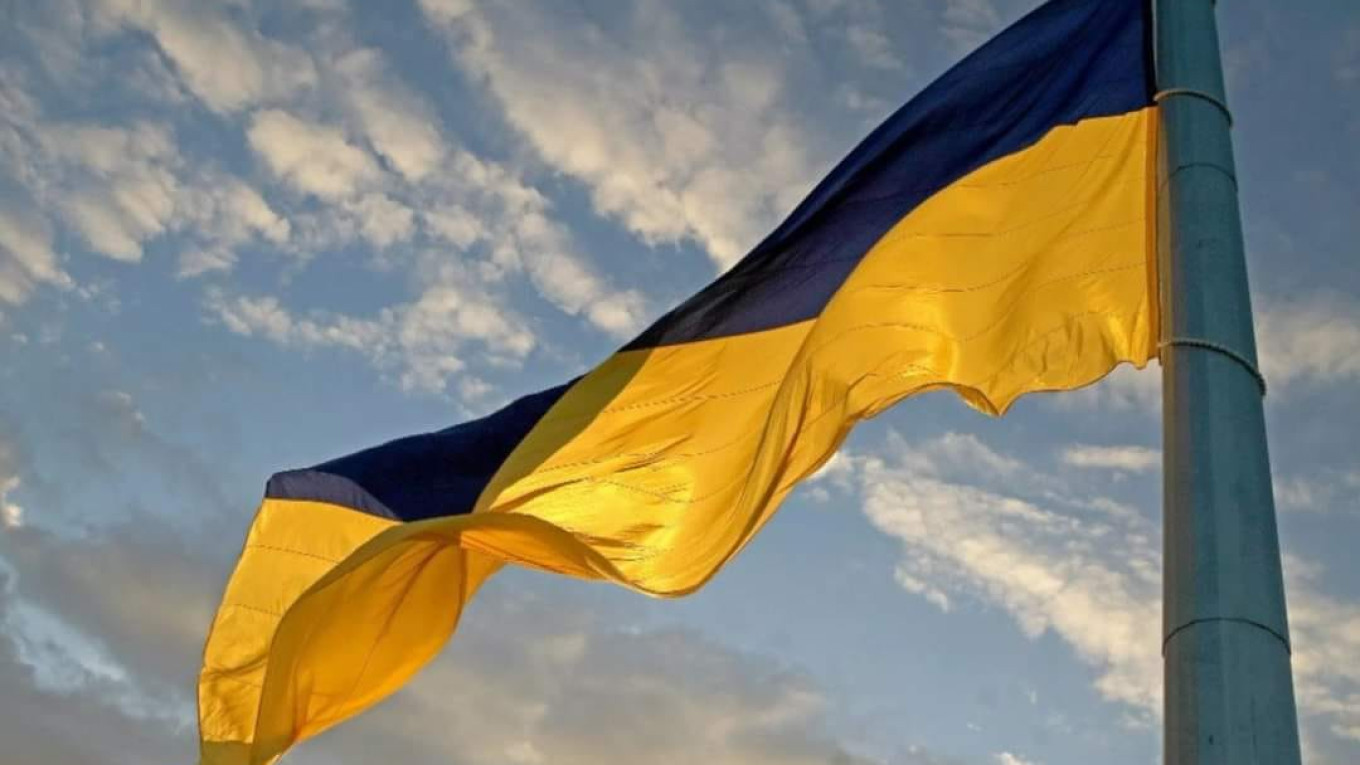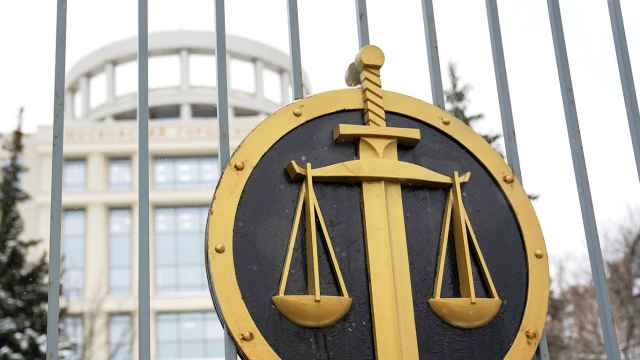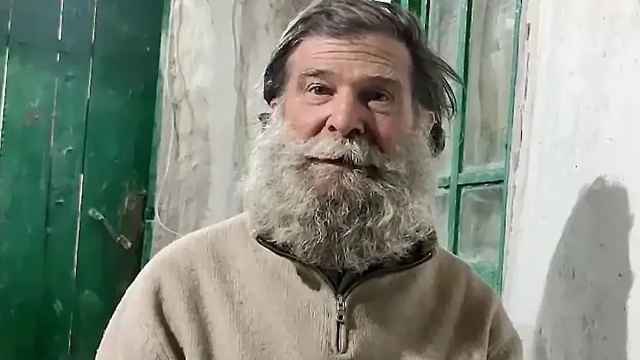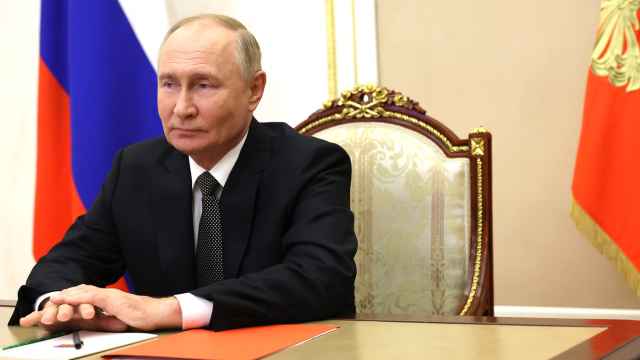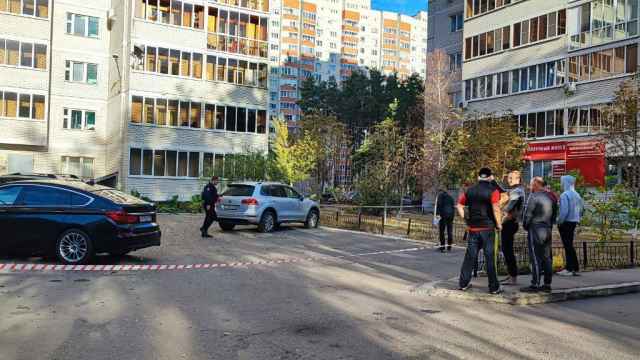Russia and Ukraine said Friday that they exchanged the remains of 806 fallen soldiers, marking one of the largest repatriation operations in recent months.
Moscow received the bodies of 49 soldiers, Russian lawmaker Shamsail Saraliyev told the RBC news website. Meanwhile, Kyiv’s Coordination Headquarters for the Treatment of Prisoners of War confirmed that Ukraine had received the bodies of 757 troops.
Ukrainian officials specified that 451 of the returned bodies were retrieved from the “Donetsk zone of operations,” likely referencing the fierce battles near Pokrovsk, a key mining and transportation hub.
Pokrovsk, which had a pre-war population of around 60,000 people, has been largely devastated by months of intense Russian bombardment and remains a primary target of Kremlin forces.
Ukraine also reported that 34 bodies were returned from morgues inside Russia, a possible reference to casualties linked to Kyiv’s surprise incursion in the western Kursk region in August.
Friday’s exchange is the fifth involving 500 or more Ukrainian bodies since October. While military death tolls remain state secrets for both countries, Ukrainian President Volodymyr Zelensky said last month that 43,000 Ukrainian troops had been killed and 370,000 wounded since 2022.
Experts believe the actual figures are significantly higher.
Russia has not provided recent updates on its military losses in Ukraine, however, an independent tally by the BBC’s Russian service and the Mediazona news website puts the verified Russian troops deaths at over 90,000.
The exchange of prisoners and the return of remains are among the few areas of cooperation between Moscow and Kyiv since Russia’s full-scale invasion in February 2022.
AFP contributed reporting.
A Message from The Moscow Times:
Dear readers,
We are facing unprecedented challenges. Russia's Prosecutor General's Office has designated The Moscow Times as an "undesirable" organization, criminalizing our work and putting our staff at risk of prosecution. This follows our earlier unjust labeling as a "foreign agent."
These actions are direct attempts to silence independent journalism in Russia. The authorities claim our work "discredits the decisions of the Russian leadership." We see things differently: we strive to provide accurate, unbiased reporting on Russia.
We, the journalists of The Moscow Times, refuse to be silenced. But to continue our work, we need your help.
Your support, no matter how small, makes a world of difference. If you can, please support us monthly starting from just $2. It's quick to set up, and every contribution makes a significant impact.
By supporting The Moscow Times, you're defending open, independent journalism in the face of repression. Thank you for standing with us.
Remind me later.


